After the birth of my first daughter, I was crippled by postpartum depression.
The only thing that motivated me to get dressed and out of the house was the fact that the dog needed a walk.
I resented him at first, feeling burdened by his needs and yearning to wallow in the blues of early motherhood. But, the walks soothed my tired mind, and the haunting feeling of utter despair evaporated with every twist and turn of the forest path.
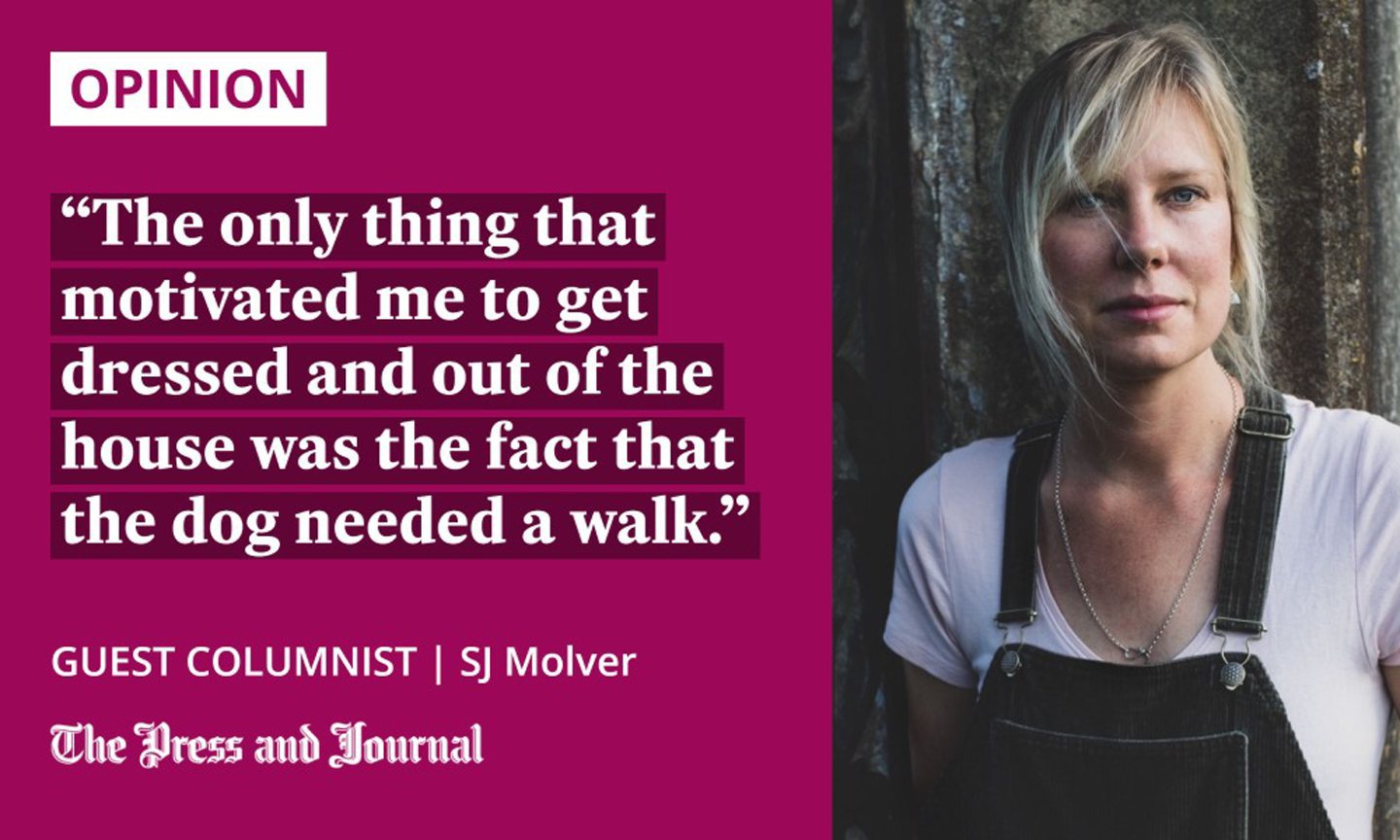
I found bonding with my daughter came more naturally when I surrounded myself with trees, dirt and the sound of the wind. I put a lot of this down to Teddy, our cocker spaniel. He sensed things weren’t right, so, in his own beautiful way, he made sure I involved myself, to some degree, with the world every day.
Looking back, I really don’t know how I could have navigated those first few months without him.
During the last two years of lockdowns and uncertainty, Teddy was there for Stu, my husband, who, having been in the office or travelling for most of his working life, was suddenly stuck – the four walls of home closing in on him.
Stu’s routine up in flames and his mind adrift, the two of them would go for epic walks together. At first, the walks were borne out of frustration to get out, but they quickly became something else; something to look forward to. Something joyful.
It was on these walks with Teddy that Stu discovered a deep love of birds, a passion he’s taken up with considerable relish. A man and his dog, his best friend during those long and lonely months.
Teddy taught gentleness and brought joy
In December 2021, a month after moving to Aberdeen, we made the painful decision to put Teddy to sleep. He’d been part of our everyday for longer than our children, literally coming everywhere with us.
When he was a puppy, he would howl when left alone, so we adjusted our lives accordingly, only supporting dog-friendly establishments and making sure he never felt sad, lonely or left out.
His patience taught our children to be gentle and, importantly, respectful of all animals
Teddy was well known and adored by many. Strangers would stop to speak to him at the traffic lights, on the bus, the train, in cafes, pubs and outside shops, where he would wait, tail swishing in anticipation of a pat from a passer-by.
Under our guidance, his patience taught our children to be gentle and, importantly, respectful of all animals. His wonderful nature led me to have him registered as a support dog, so he could visit nursing homes and hospitals, bringing joy and making others happy.
Sadly, this wasn’t to be and, after struggling desperately with a brief but serious illness, we threw his ball over the rainbow bridge for him.
Never turn your back on the sea
My late father once said: “Never turn your back on the sea.” For the longest time, I didn’t really understand what he had meant by this. It actually applies to most things in life, including grief.
Grief can be still and otherworldly, mirroring a calm reflectiveness. It’s also dangerous and unpredictable, knocking the breath right out of you, if you turn your back on it. If you’re not careful, it will snatch you, enveloping you in a cold, unforgiving darkness.
We cope with grief in very different ways. This time, I’m lucky to have Stu to share it with. We loved and lost Teddy equally.
Learning to live with grief takes time, don’t be fooled by the amount. You may think you’re OK, when suddenly, often years later, a wave of sadness will knock you down.
Teddy had the best life but, truthfully, we are struggling without him. The impact of his death still weighs on our hearts.
His red rope lead hangs on the door of Stu’s study where his ashes wait, in a little bag, for us to be ready to set them free.
SJ Molver is an author and painter based in the north-east of Scotland

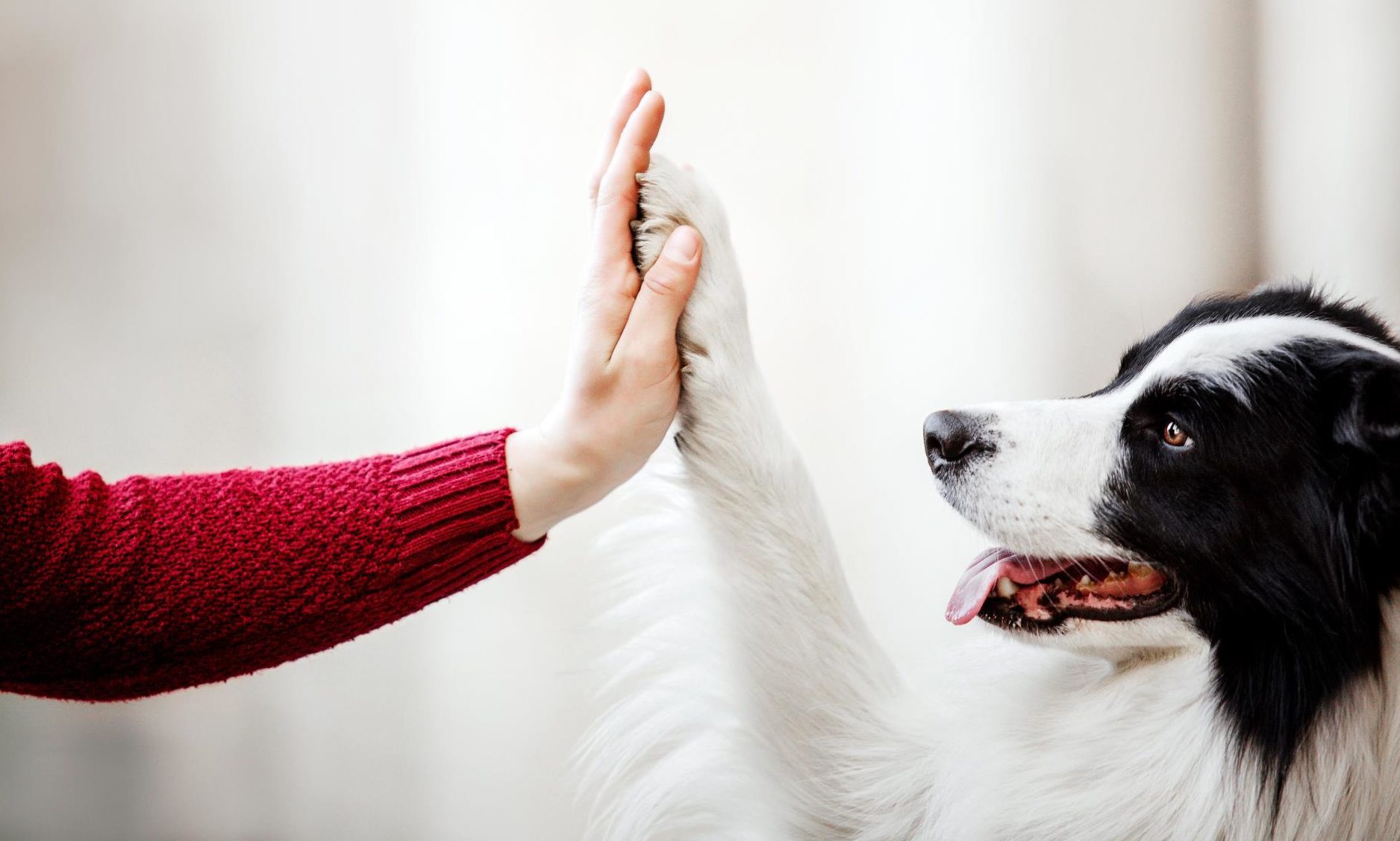
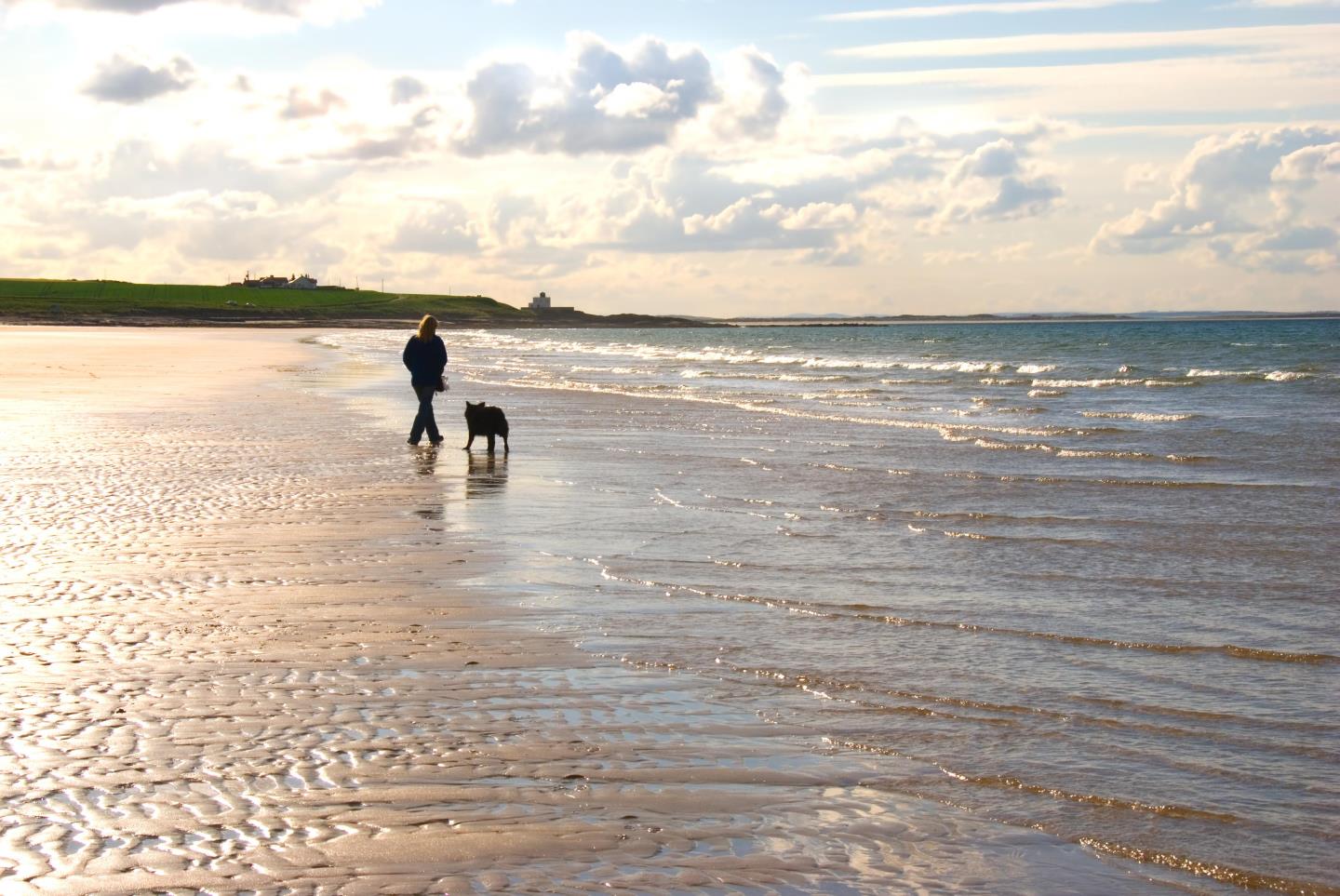
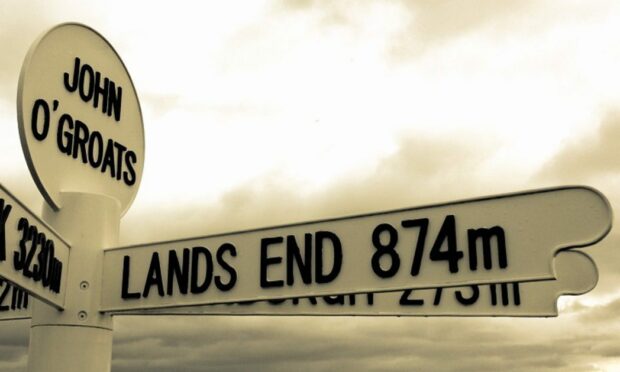
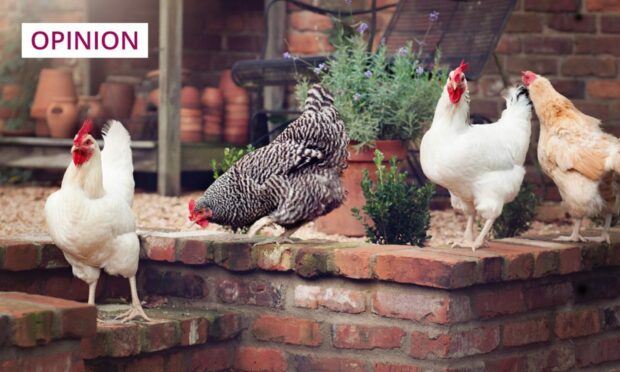
Conversation